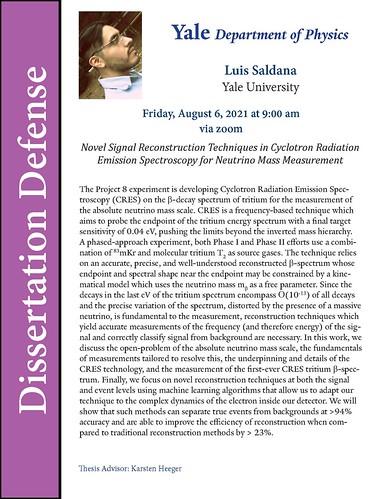
The Project 8 experiment is developing Cyclotron Radiation Emission Spectroscopy (CRES) on the β-decay spectrum of tritium for the measurement of the absolute neutrino mass scale. CRES is a frequency-based technique which aims to probe the endpoint of the tritium energy spectrum with a final target sensitivity of 0.04 eV, pushing the limits beyond the inverted mass hierarchy. A phased-approach experiment, both Phase I and Phase II efforts use a combination of 83mKr and molecular tritium T2 as source gases. The technique relies on an accurate, precise, and well-understood reconstructed β-spectrum whose endpoint and spectral shape near the endpoint may be constrained by a kinematical model which uses the neutrino mass mβ as a free parameter. Since the decays in the last eV of the tritium spectrum encompass O(10-13) of all decays and the precise variation of the spectrum, distorted by the presence of a massive neutrino, is fundamental to the measurement, reconstruction techniques which yield accurate measurements of the frequency (and therefore energy) of the signal and correctly classify signal from background are necessary. In this work, we discuss the open-problem of the absolute neutrino mass scale, the fundamentals of measurements tailored to resolve this, the underpinning and details of the CRES technology, and the measurement of the first-ever CRES tritium $\beta$-spectrum. Finally, we focus on novel reconstruction techniques at both the signal and event levels using machine learning algorithms that allow us to adapt our technique to the complex dynamics of the electron inside our detector. We will show that such methods can separate true events from backgrounds at > 94% accuracy and are able to improve the efficiency of reconstruction when compared to traditional reconstruction methods by > 23$.
Thesis advisor: Karsten Heeger (karsten.heeger@yale.edu)